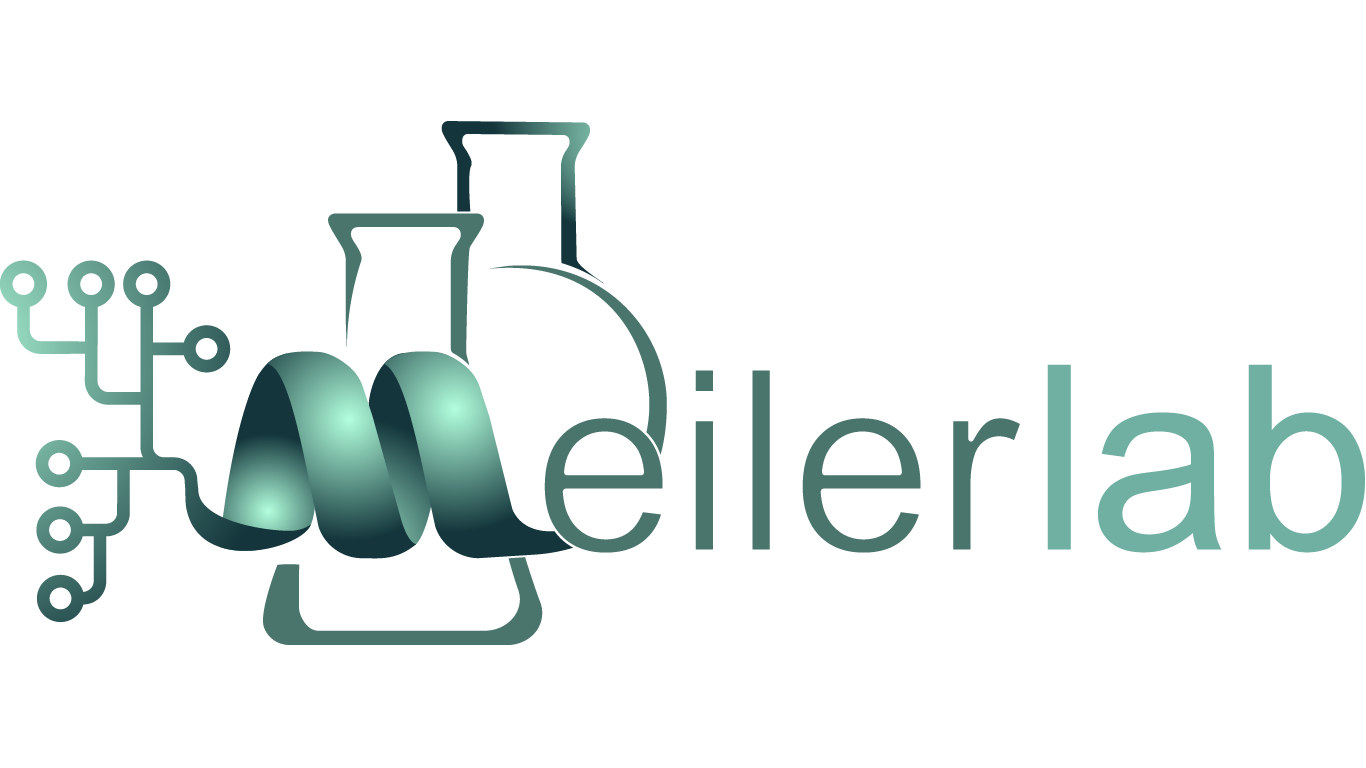Small molecule 3D conformer generation is an important aspect of both ligand- and structure-based computer- aided drug discovery. We rarely know the functionally relevant conformation of a molecule at the outset of a modeling project. Generating discrete conformers is useful for tasks such as protein-ligand docking, small molecule flexible alignment, pharmacophore modeling, non-canonical amino acid rapid rotamer generation, etc.
The BCL small molecule conformer generator, also known as BCL::Conf, has undergone several rounds of improvements [2],[3] . Its functionality is extensively described in Mendenhall et al. 2020 [2] and again reviewed in Brown et al. 2022[1].
BCL::Conf utilizes a fragment-based rotamer library derived from the crystallography open database
(COD) to combine rotamers consisting of one or more dihedral angles according to a statistically derived energy. Clashes are dynamically resolved by iteratively identifying clashed atom pairs and rotating the central-most bonds between them without changing dihedral bins. In this way, conformational ensembles are stochastically generated according to likely rotamer combinations from the COD.
References
[1]
Brown, B. P.; Vu, O.; Geanes, A. R.; Sandeepkumar, K.; Butkiewicz, M.; Lowe Jr, E. W.; Mueller, R.; Pape, R.; Mendenhall, J.; Meiler, J. Introduction to the BioChemical Library (BCL): An Application-Based Open-Source Toolkit for Integrated Cheminformatics and Machine Learning in Computer-Aided Drug Discovery.
[2]
Mendenhall, J.; Brown, B. P.; Kothiwale, S.; Meiler, J. BCL::Conf: Improved Open-Source Knowledge-Based Conformation Sampling Using the Crystallography Open Database. J. Chem. Inf. Model. 2020. https://doi.org/10.1021/acs.jcim.0c01140.
[3]
Kothiwale, S.; Mendenhall, J. L.; Meiler, J. BCL::Conf: Small Molecule Conformational Sampling Using a Knowledge Based Rotamer Library. J. Cheminform. 2015, 7, 47. https://doi.org/10.1186/s13321-015-0095-1.
